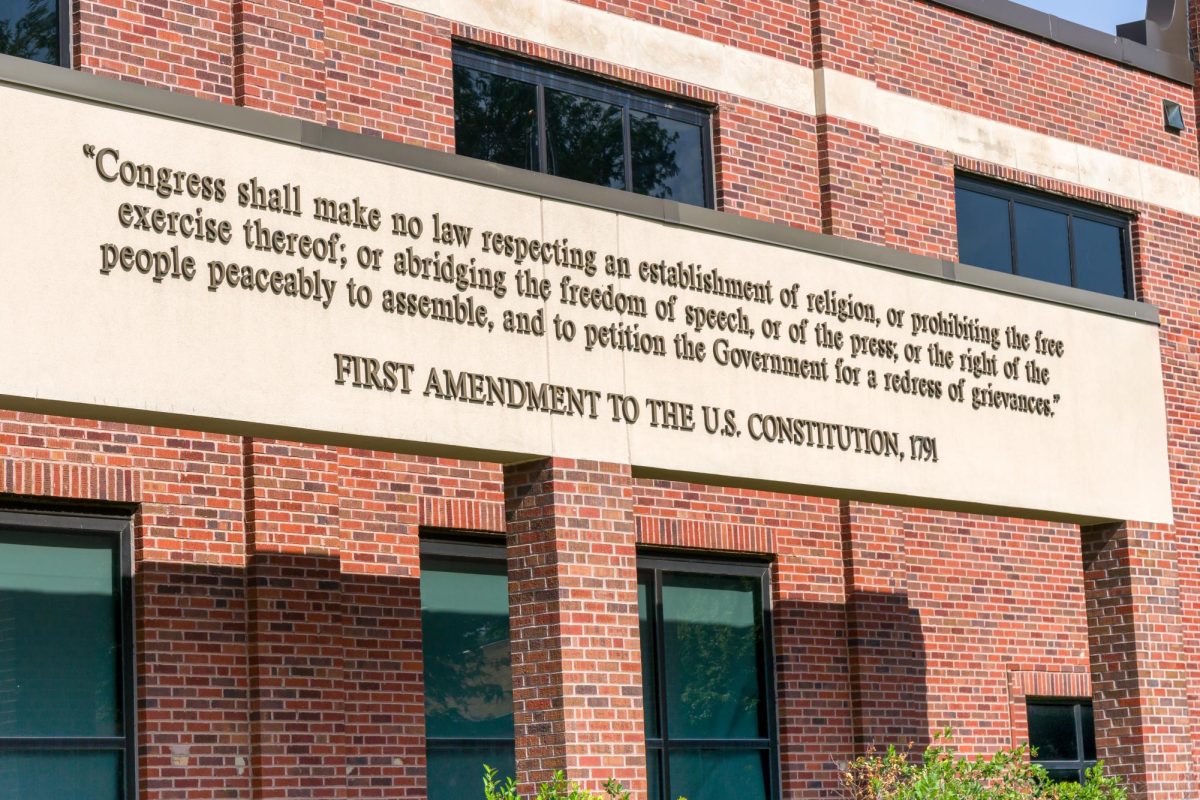We are all familiar with the phrase, “You can’t wait to do this the night before; you will need to work on it all semester.” And we are all familiar with the panicked feeling the night before the assignment is due and we have yet to begin.
According to Sigmund Freud, procrastination is based on pleasure. A person will put off doing less pleasurable tasks in order to partake in more pleasurable ones. People are programmed to evade negative situations, therefore they postpone stressful responsibilities.
This theory explains a student and their homework. Especially when living on campus, there is always something more pleasurable to waste time doing, even if it is just sitting in the lobby of Copley watching people walk past. Even when you are walking from your dorm to the library to do homework, there are multiple distractions to fight through.
Students are constantly reminded by professors how procrastination is a bad habit. However, I disagree. I believe there are serious benefits to procrastination. Personally, my best work is done at the last minute. I do not think every person can work this way, but for those who do, it has advantageous results.
The reason some people thrive while procrastinating is because they need a deadline. Certain people may flourish on a strict time period. This concept is true to me, possibly stemming from my journalism classes. It is difficult for me, for example, to work on a 12-page paper over a whole semester. I have trouble regaining my train of thought once it is broken, so rather than writing one page a day for two weeks, I have to do it all at once and then revise for a few days.
Procrastination gives a person time to map out exactly what they want to accomplish. Although some people work well diving headfirst into a project, others need time to think of a topic, plan how they will undertake the project and then proceed to work on it. This strategy may help a project run smoother and avoid problems before they occur.
Tying into that concept, procrastination allows you to think over the ideas and learn more about them in the time you have before you begin the project. When you are not stressing about constantly working on the project, the ideas are more likely to flourish on their own.
You know when you sit down to really crack down on an assignment that will take one hour, and then three hours later you realize you have been Instagram stalking your sister’s ex-boyfriend’s mother-in-law’s niece? Procrastination does not allow time to do such things. When you wait until the last minute and the assignment is due is one hour, you are going to finish the assignment, not Facebook creep.
Lastly, it is occasionally beneficial to simply relax rather than stress on a project. Stress can cause your work to be less than your usual standard.
Although putting more hours into a project may feel like you are getting more work done, it is not always the case. It is acceptable to put certain things on the back burner if relaxation is really what you need, even if the relaxation is a quick 20-minute power nap to reboot your thoughts.






